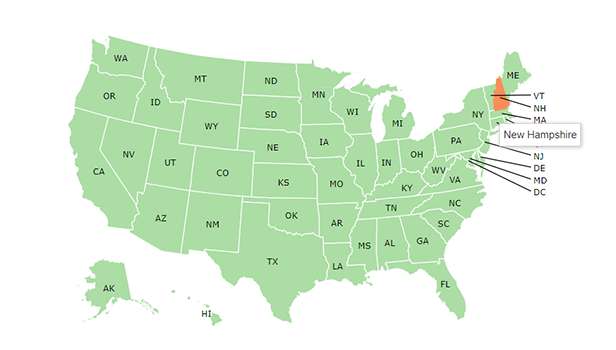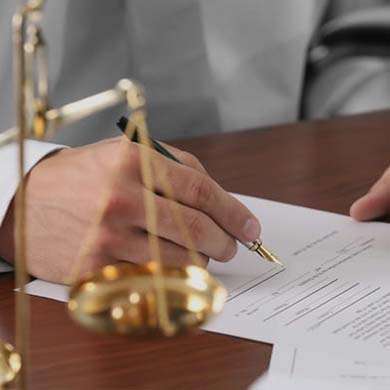File Small Claims Court in New Hampshire

New Hampshire Small Claim Filing
Why do you waste your time energy after a small claim? We are here to take pain for you. We are literate enough about the Small Claims Court System. We will get your claim filed and make you free from worries. We file New Hampshire Small Claim in the relevant court. We provide proof after the task is completed. Our policy provides individuals and companies peace of mind.
Suing Someone in New Hampshire Court Or Being Sued?
We, in New Hampshire Small Claim filing offer in case if you want to file a case against somebody, we can help by:
- Serving Your Small Claims Papers Before The Deadline.
- Serve Your Claim In Proper Legal Way for New Hampshire Court.
- Fill Your Proof With The Derry Court.


In case you are sued, we talk to the relevant person or company to settle things down. We appeal your small claim judgment as well.
E-Filing Services inNew Hampshire
Small Claim New Hampshire E-file your legal documents to New Hampshire courts that accept E-Filling on your behalf.
Recent Cases Filed in New Hampshire Small Claims Court
Small Claims For Bad Cheque Or Payment in New Hampshire
New Hampshire Small Claim settles all money matters reliably and authentically if you are deceived in money matters.
File Small Claims in Derry For Security Deposit
In New Hampshire Small Claim, if your former landlord refuses to return the security deposited you paid, we offer our services.
New Hampshire Small Claims Filing if Refusing To Pay After A Car Accident
If someone ruins your car in New Hampshire and refuses to pay for its repair, you can file small claims to recover your car accident damage. Small claims filingprepares all the documents to file a small claim in New Hampshire court.
Direct Legal Small ClaimService inNew Hampshire
We provide full service of handling of writs both state and federal.
Court Filling Small Claim New Hampshire Services
Throughout New Hampshire in the small claims, we offer services to accommodate on the same day, next day or routine service.
Who Can Sue Small Claim In Court New Hampshire?
Those who can claim for Small Claim New Hampshire are listed below:
- Married Couples can file small claims in Derry court.
- Business Partnerships can also file small claims
- Corporations can file small claims
- Government Agencies can file small claims
- Motor Vehicle Claims can be handled
- Minors can also file small claims in the court of New Hampshire
- Prisoners can file small claims
- Bill Collectors can also file small claims in New Hampshire
How Much Does It Cost To File A Small Claim Court, New Hampshire?
There is a $30 filing fee for a case asking for up to $1500. To claim over $1500, and up to $5,000, there is a filing fee of $50. If your claim is above $5,000, the filing fee is $75. If you file more than 12 cases in a year, subsequent cases will cost $100.




